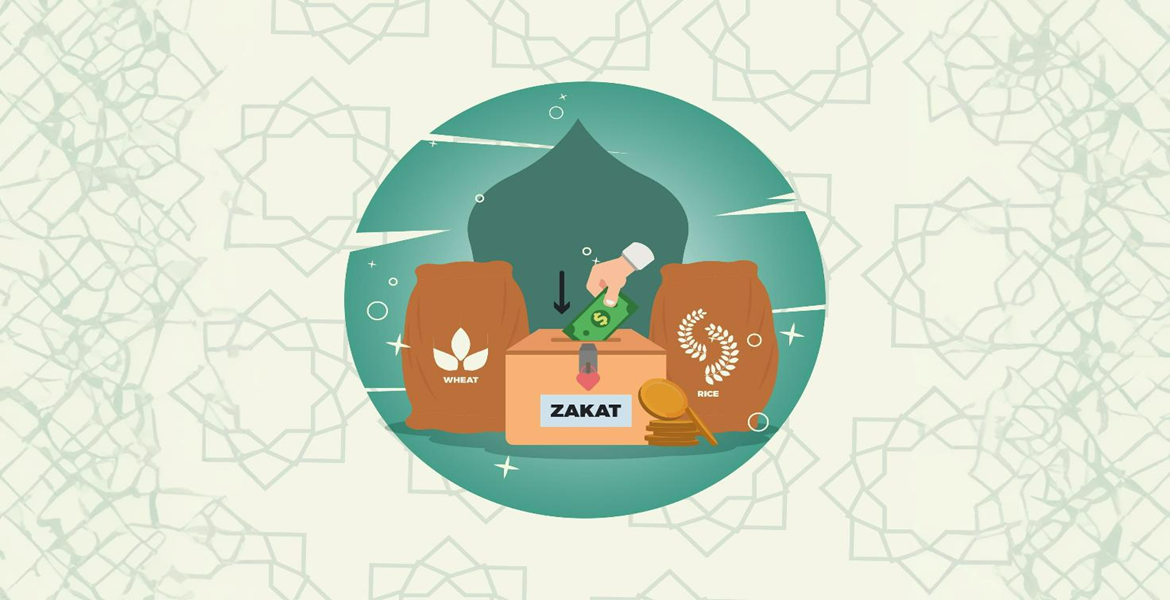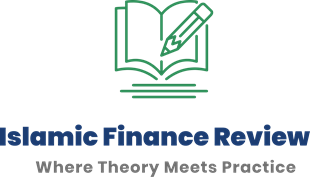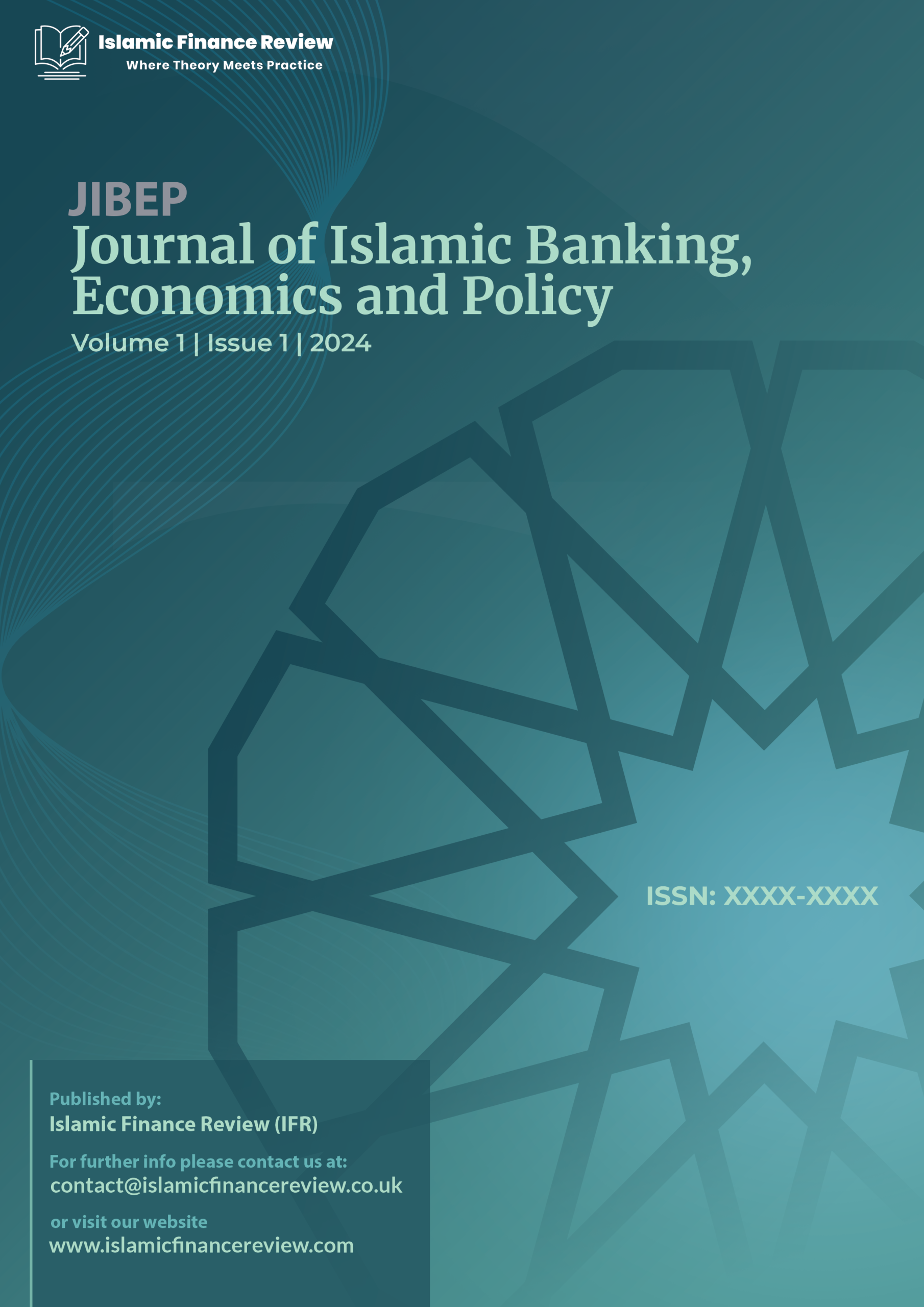
The Role of Islamic Finance in Ramadan – A Time for Ethical Wealth Management
- Post by: wp-islamicfinancereviewcouk
- March 1, 2025
- No Comment
- A Ramadan Savings Plan Based on Islamic Finance
- The Role of Islamic Finance in Ramadan – A Time for Ethical Wealth Management
- How to Make Your Business More Islamic Finance Compliant in Ramadan
- Building Long-Term Wealth Using Islamic Finance Principles
- Financial Discipline and Budgeting Tips Inspired by Islamic Teachings
- Protecting Your Future the Halal Way – The Role of Takaful in Ramadan
- Investing with Purpose – Halal Investment Strategies for Ramadan
- Empowering Through Faith: The Role of Islamic Microfinance in Ramadan
- Sadaqah Beyond Coins: Exploring the Broader Meaning of Charity in Ramadan
- From Reflection to Action: Carrying the Spirit of Ramadan into Everyday Islamic Finance
- Eid Special-A Message from Islamic Finance Review
Ramadan is not just a time for fasting and spiritual reflection but also an opportunity for Muslims to reassess their financial habits, ensuring they align with Islamic principles. Managing wealth ethically, paying Zakat, and avoiding riba (interest) are central to Islamic finance, making Ramadan an ideal time to implement these practices.
Islamic finance is built on Shariah-compliant principles, ensuring wealth is circulated justly and equitably in society. During Ramadan, many Islamic financial institutions introduce specialized initiatives to encourage ethical spending, Zakat donations, and responsible financial behavior.
This article explores how Islamic finance plays a key role in Ramadan and how individuals can align their financial decisions with their faith during this blessed month.
1. The Importance of Ethical Wealth Management in Ramadan
Islamic finance is founded on key ethical principles such as:
- Avoiding riba (interest) – Interest-based transactions exploit individuals, which contradicts the fairness Islam promotes. (Al-Baqarah 2:275)
- Prohibition of gharar (excessive uncertainty) – Financial transactions must be transparent and fair. (Surah Al-Ma’idah 5:1)
- Encouraging risk-sharing investments – Instead of debt-based financing, Shariah promotes equity-based systems like Mudarabah and Musharakah.
Ramadan’s Emphasis on Financial Discipline
- The month of fasting fosters self-control over unnecessary spending.
- It reminds Muslims to assess whether their financial activities comply with Shariah law.
- It promotes mindful consumption and charitable giving, ensuring wealth is used for the benefit of society.
Al-Quran 2:275: “Allah has permitted trade and has forbidden interest (riba).”
2. Increased Focus on Zakat & Sadaqah in Ramadan
One of the five pillars of Islam, Zakat is an obligatory form of charity that purifies wealth. Many Muslims choose to pay their Zakat during Ramadan, as the rewards of good deeds are multiplied in this holy month.
Why Is Zakat Important in Islamic Finance?
- It ensures wealth circulation among the needy, reducing income inequality.
- It prevents the hoarding of wealth and encourages social welfare.
- It is a compulsory obligation (2.5% of annual savings) for eligible Muslims.
Sadaqah (Voluntary Charity) in Ramadan
- Unlike Zakat, Sadaqah is voluntary and has no fixed percentage.
- Many Islamic banks and fintech platforms now offer automated Sadaqah options to encourage regular giving.
Hadith: “The best charity is that given in Ramadan.” (Tirmidhi 663)
Al-Quran 9:60: “Zakat is for the poor and the needy, and those employed to collect it, and those whose hearts are to be reconciled…”
Hadith (Sunan Tirmidhi 663): “The Messenger of Allah (ﷺ) was the most generous of people, and he was even more generous in Ramadan.”
3. Islamic Banking Services and Special Ramadan Initiatives
Islamic banks play a vital role in facilitating charitable giving and Shariah-compliant financial solutions during Ramadan.
Key Initiatives by Islamic Financial Institutions:
✅ Fee waivers for Zakat and charity transfers – Many banks remove transfer charges on donations.
✅ Shariah-compliant investment opportunities – Ethical investment in halal sectors (e.g., real estate, agriculture).
✅ Short-term, interest-free financing – Murabaha-based transactions for Ramadan needs.
✅ Fintech & mobile donations – Zakat calculators and auto-donation features.
Why This Matters?
- Helps Muslims fulfill financial obligations easily during Ramadan.
- Encourages financial literacy and awareness about Islamic finance principles.
- Promotes responsible spending and investment habits among consumers.
Hadith (Sahih Muslim 2588): “The believer’s shade on the Day of Resurrection will be his charity.”
4. How to Ensure Your Finances Remain Halal During Ramadan
Practical steps Muslims can take to ensure their financial activities align with Islamic teachings:
1️⃣ Review Your Bank Accounts & Investments
- Ensure your bank operates on Shariah-compliant financing.
- Move savings into Islamic banking institutions to avoid riba.
2️⃣ Avoid Interest-Based Transactions
- Use only Islamic credit cards or debit cards instead of conventional ones.
- If using financing, ensure it is Murabaha-based (cost-plus financing) instead of interest-based loans.
3️⃣ Support Ethical Businesses & Halal Investments
- Invest in businesses that align with Islamic ethics (avoid alcohol, gambling, and pork-related industries).
- Choose halal stock market funds (Shariah-compliant mutual funds).
4️⃣ Utilize Islamic Financial Services for Giving Zakat & Sadaqah
- Use fintech solutions like Zakat calculators to calculate accurate amounts.
- Set up recurring Sadaqah donations to maximize rewards.
Al-Quran 5:2: “Help one another in acts of righteousness and piety, and do not assist one another in acts of sin and transgression.”
Conclusion: Islamic Finance as a Path to Barakah (Blessings) in Ramadan
Ramadan is a time of spiritual renewal and financial responsibility. Ensuring your finances align with Islamic principles not only protects against haram earnings but also brings barakah (blessings) into wealth.
By incorporating Islamic finance principles, such as avoiding riba, managing Zakat, and investing ethically, Muslims can make Ramadan more meaningful while ensuring their wealth benefits both themselves and society.
💡 Take Action Today:
✅ Check if your bank is Shariah-compliant.
✅ Calculate and pay your Zakat through Islamic finance institutions.
✅ Shift towards ethical investments that follow Islamic principles.
Al-Quran 2:267: “O you who have believed, spend from the good things which you have earned…”

